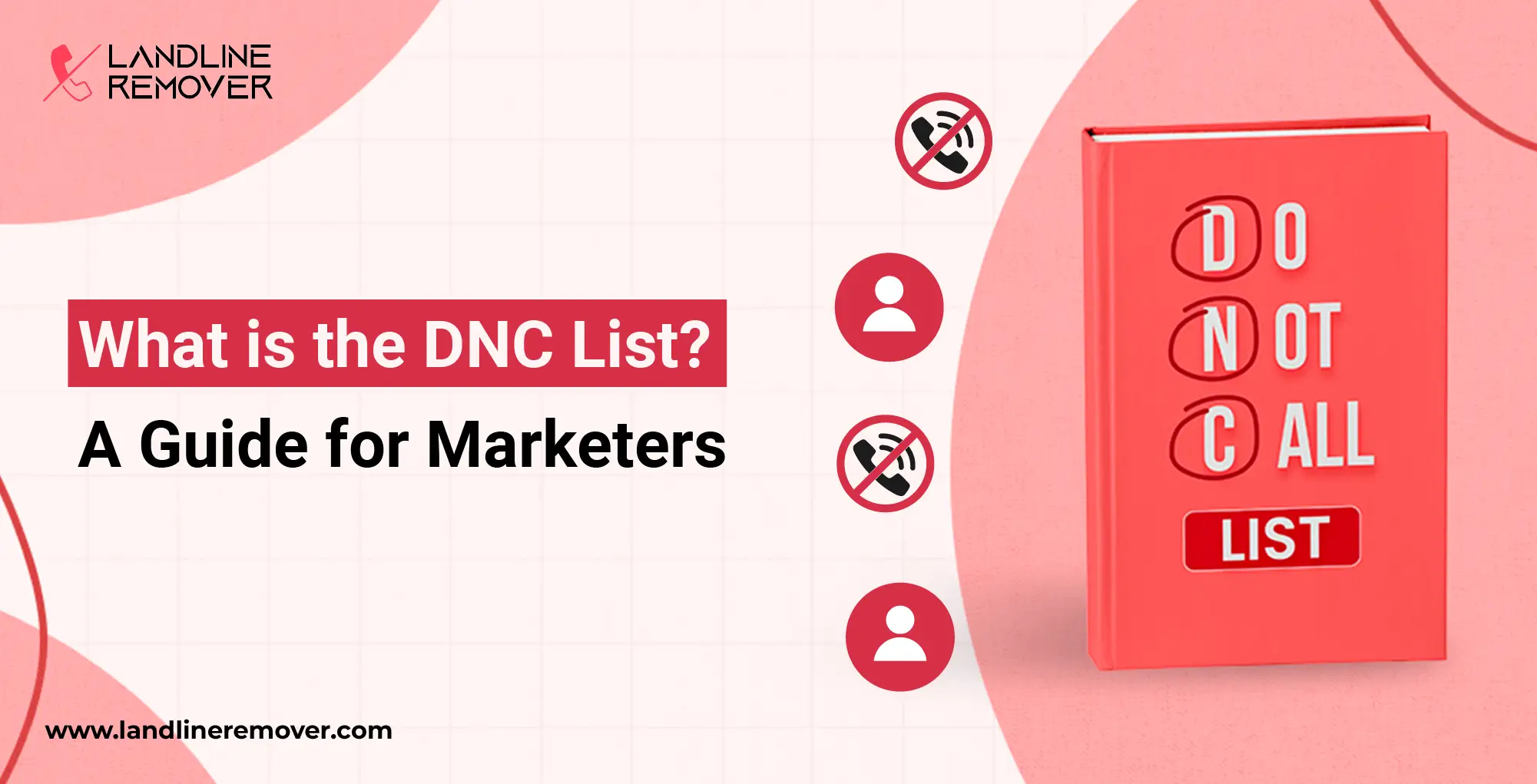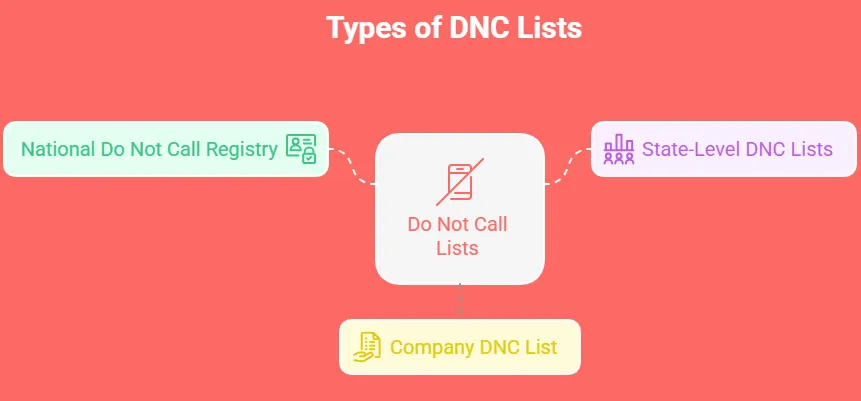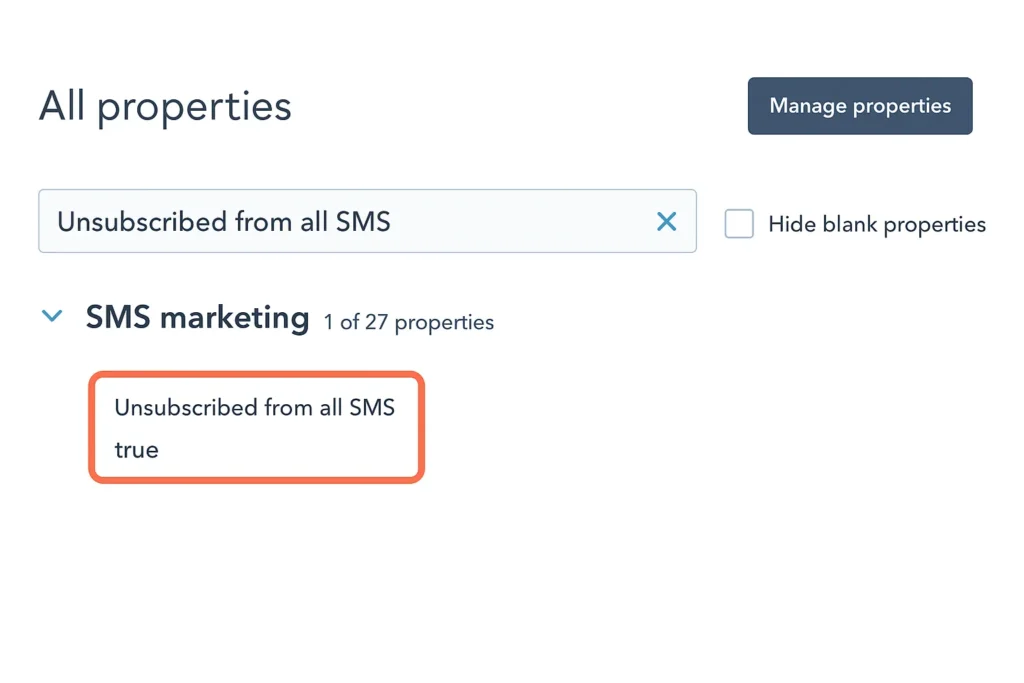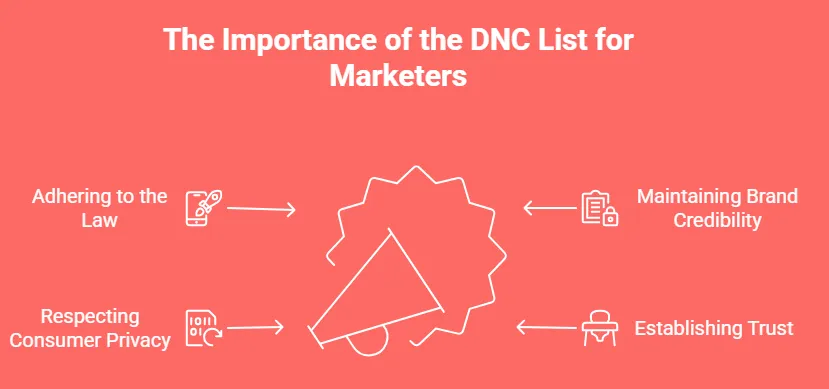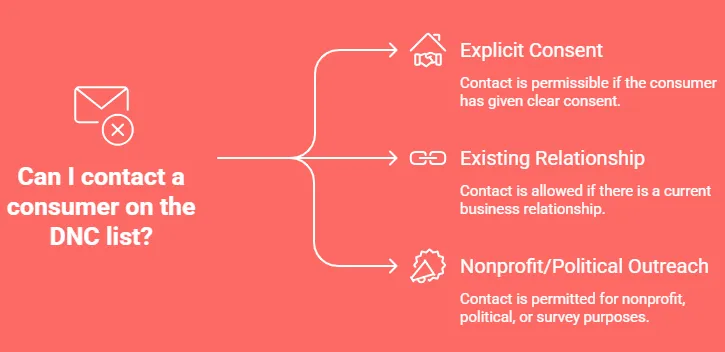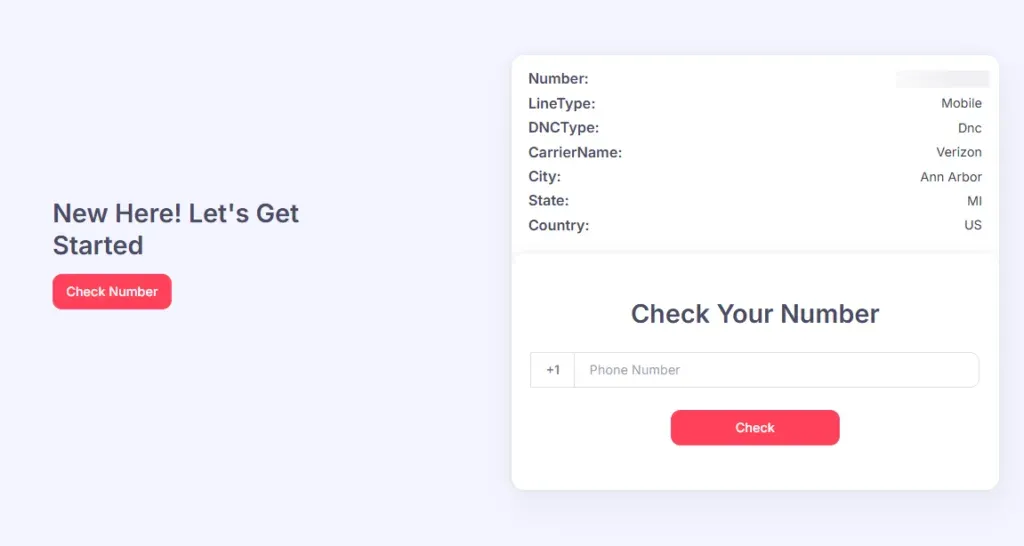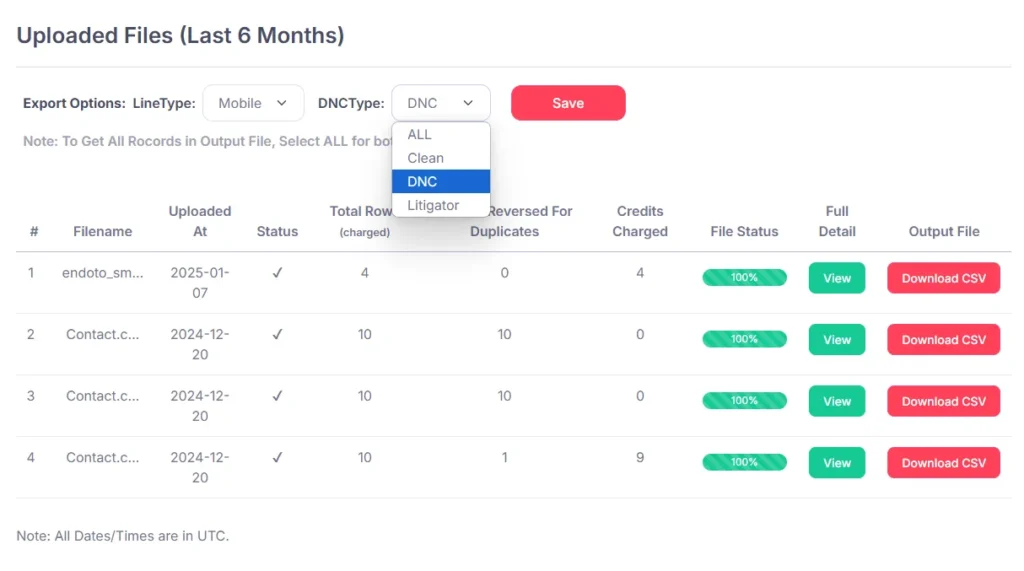How to Check and Stay Compliant with the DNC List
The first step in being compliant with the DNC list begins with having proper access. Any company doing telemarketing or SMS marketing outreach needs to register with the National Do Not Call Registry. Registering allows telemarketers to search and download numbers that are restricted, giving them the ability to avoid consumers that have opted-out of marketing. This should be part of your outreach process as a minimum standard in the compliance foundation.
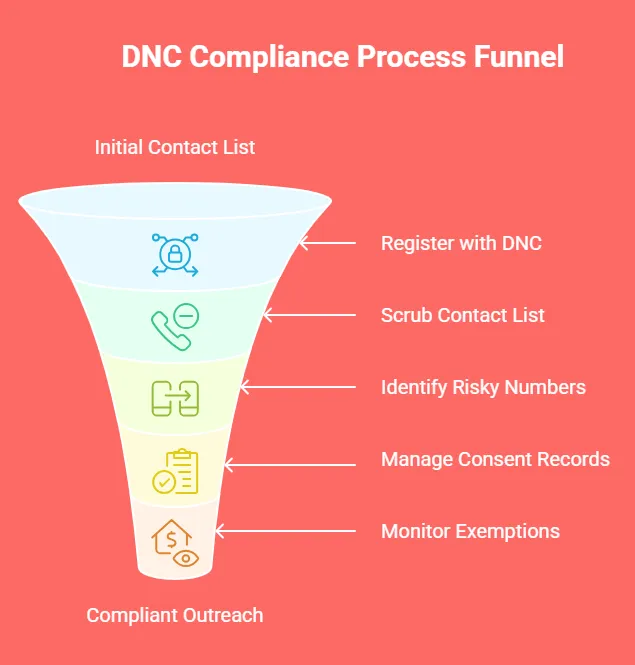
Once you have access, compliance requires diligence. The registry is not a static list as consumers can add their number(s) at any time. This is why companies are required to scrub their contact lists against the database at least once every 31 days. We see companies fail to refresh their lists and because listed numbers don’t expire and if you miss just one number it can lead to fines and fruitful complaints from your prospects. Therefore, scrubbing should be factored into your campaign planning, it should not be an afterthought.
Certain numbers are especially risky, such as VoIP or landlines, and those tied to professional litigators who actively pursue lawsuits against businesses. Without tools to identify and filter these numbers, marketers may unknowingly invite legal action, which can be far more costly than regulatory fines.
Consent management is another critical piece. Even if a consumer’s number is on the DNC List, they can still be contacted if they have given explicit permission. However, proving that permission was granted is where many businesses fall short. Every opt-in should be tracked, timestamped, and documented, whether it comes through a web form, text reply, or signed agreement. In disputes, having a clear consent record can be the difference between smooth resolution and expensive litigation.
Finally, marketers must pay attention to exemptions. Customers with an existing business relationship or those who recently made a purchase may fall under exceptions that allow outreach. But exemptions can expire, and failing to respect timelines often leads to violations. Building a compliance system that not only scrubs lists but also monitors consent records and tracks relationship-based exemptions ensures that marketing efforts remain both effective and legally sound.

